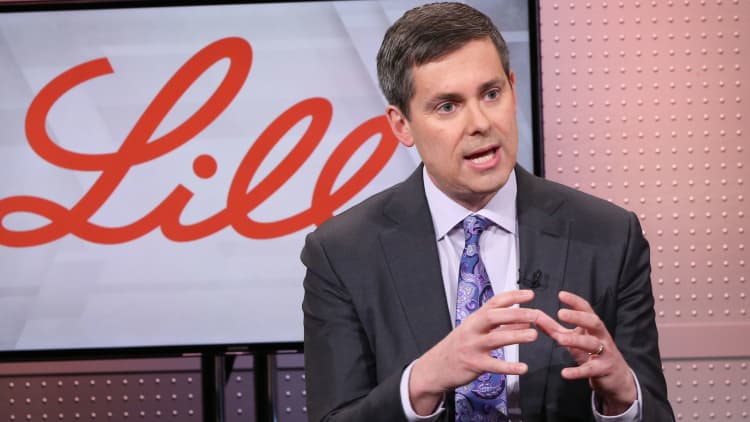The U.S. on Monday hit a record daily high of 69,967 Covid-19 cases, on a seven-day-average, topping the prior all-time high set on Sunday, according to a CNBC analysis of data from Johns Hopkins University. The seven-day-average of daily cases reflects a roughly 20% increase compared with a week ago, and new Covid-19 cases have been growing in the U.S. since Oct. 5, according to JHU data.
Here are some of the biggest developments Tuesday:
The following data was compiled by Johns Hopkins University:
- Global cases: More than 43.9 million
- Global deaths: At least 1.16 million
- U.S. cases: More than 8.77 million
- U.S. deaths: At least 226,723



